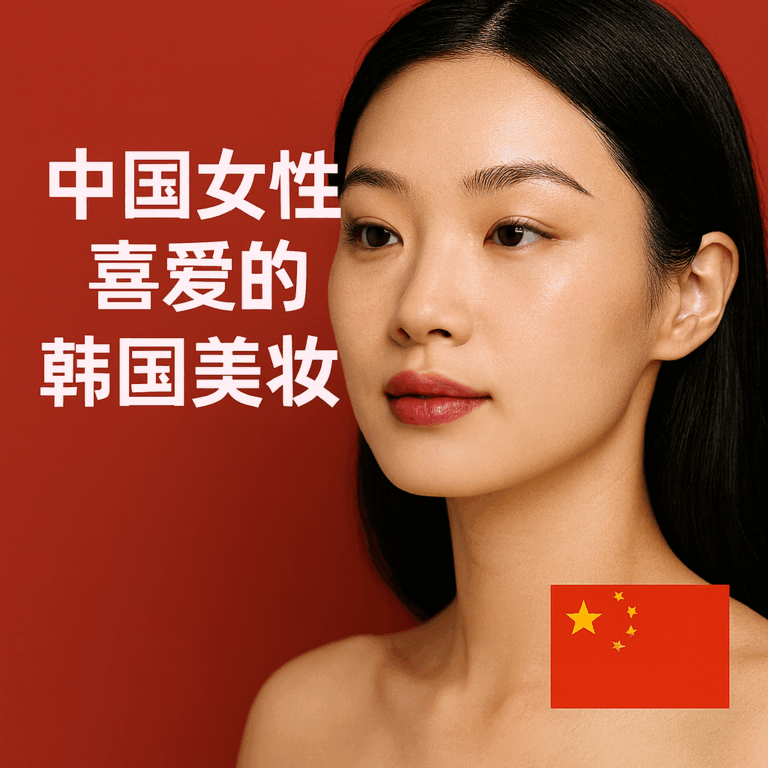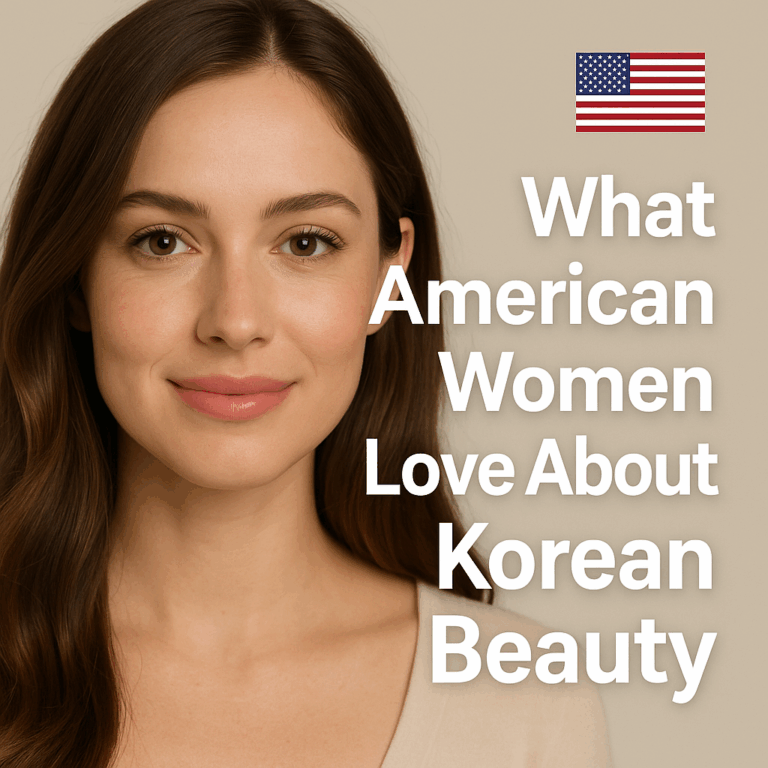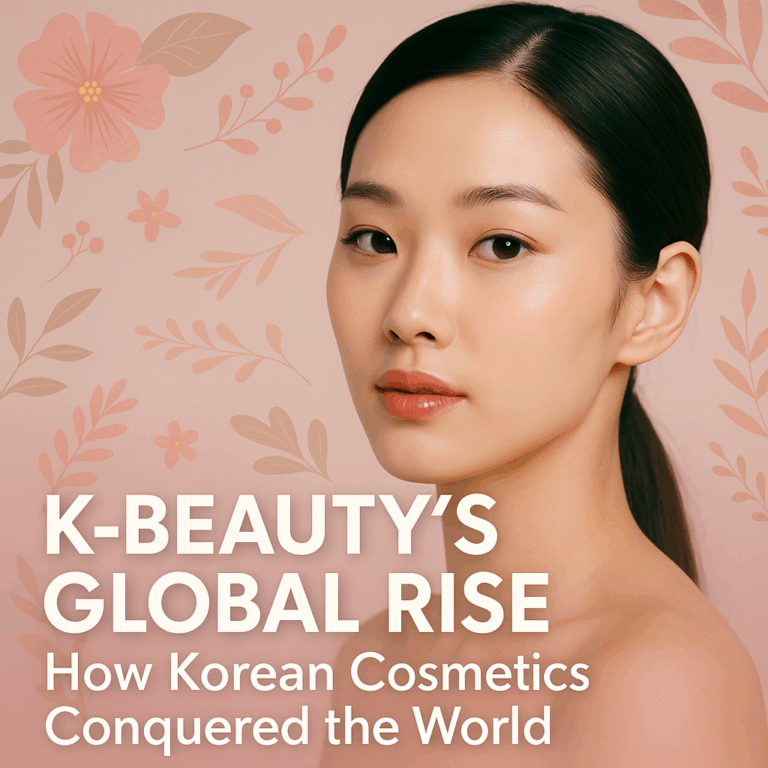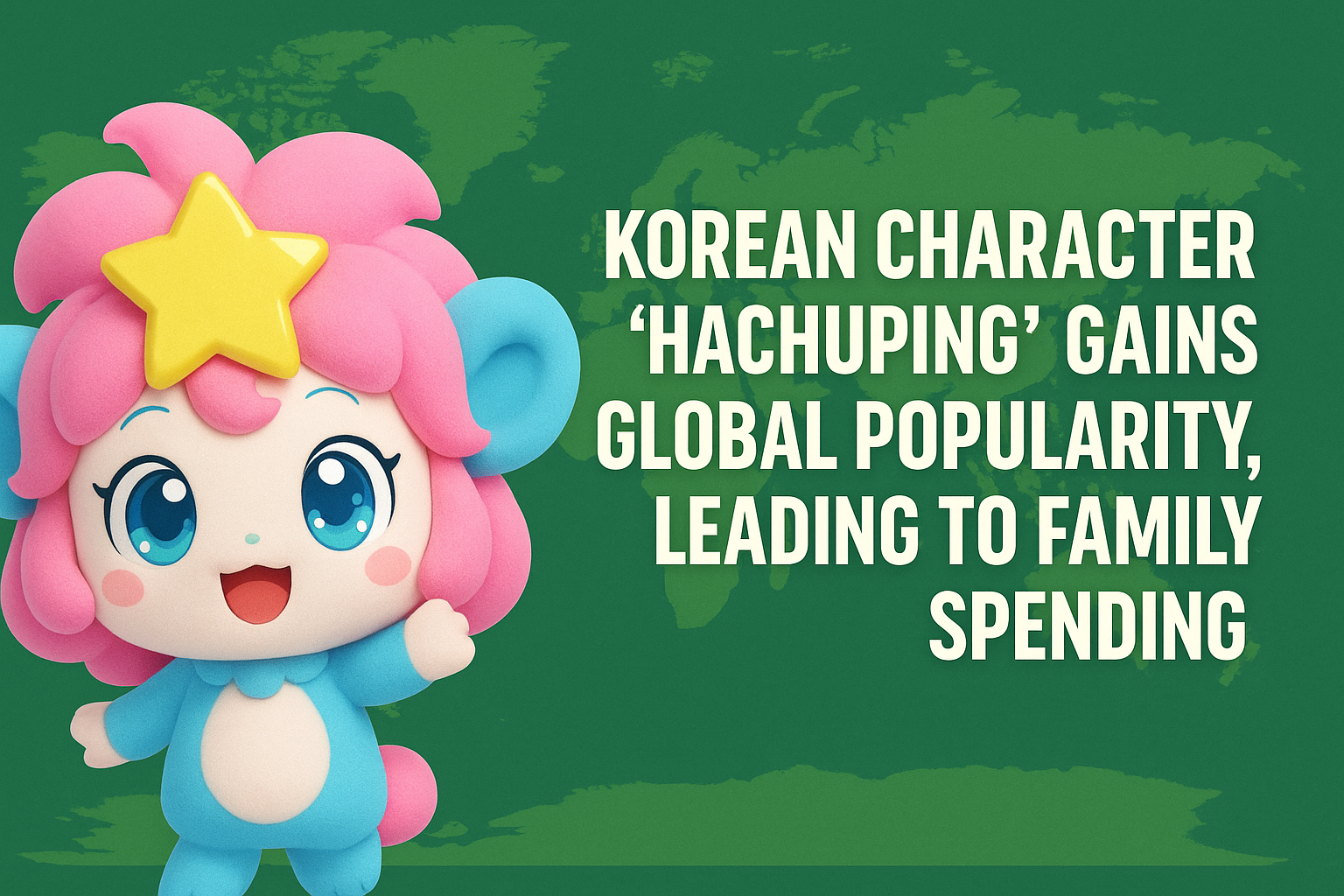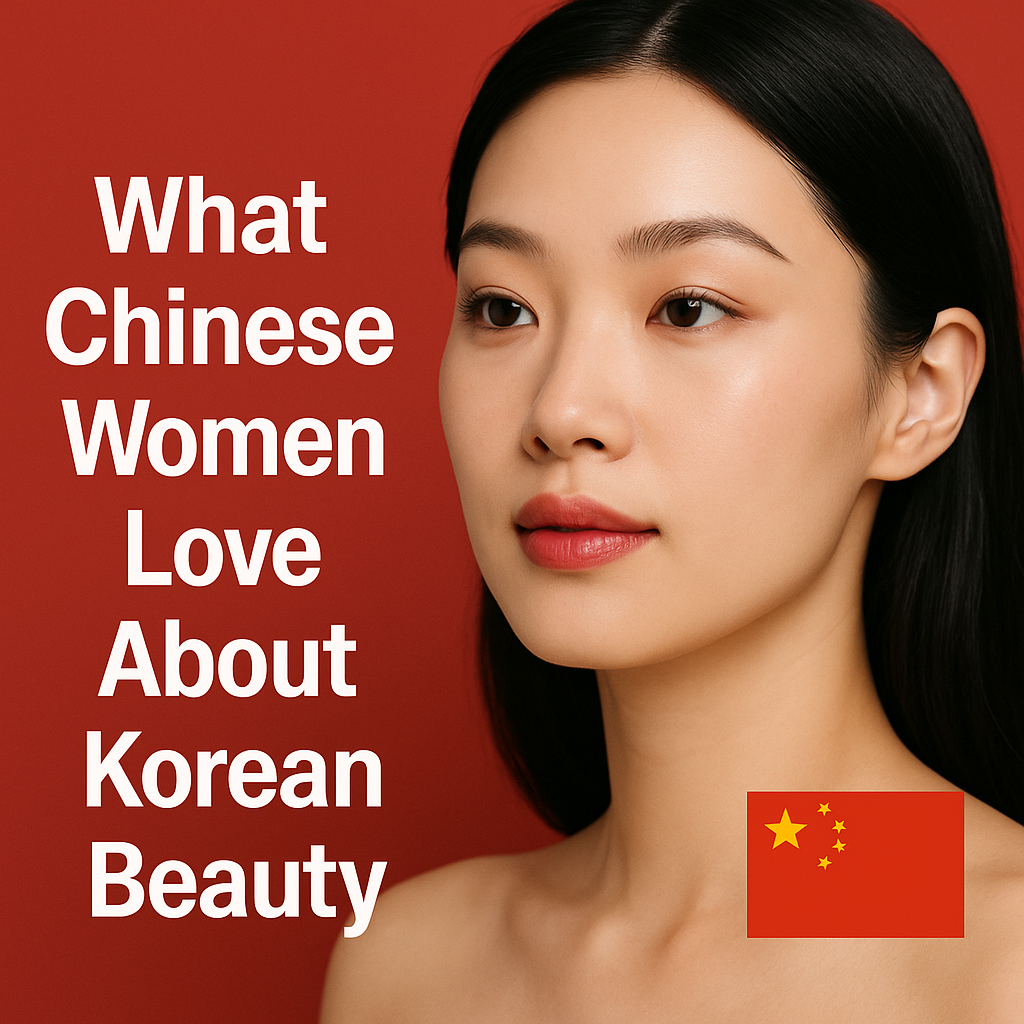
The New Glow in China: Why Korean Beauty Is Rising Again
If you look at the beauty shelves in Shanghai, scroll through Xiaohongshu, or watch the latest livestreams from China’s top influencers, one trend becomes unmistakably clear: Korean beauty is back—and stronger than ever. In a country where beauty standards evolve quickly yet remain deeply rooted in elegance and refinement, Korean skincare has found a perfect balance between modern sophistication and gentle practicality. For Chinese women, K-Beauty is not merely a collection of products; it represents a lifestyle of softness, delicacy, and self-cultivation (修养).
China’s beauty market has long been dominated by luxury European brands and high-tech Japanese skincare, but Korean beauty carved out its own distinct space by offering something uniquely attractive: radiant transparency, lightweight textures, and a sense of effortless refinement. In a culture where “first impression skin” (初见皮肤) matters deeply and where glowing, translucent skin signals good health and self-respect, Korean beauty delivers exactly what Chinese women seek.
Chinese consumers are known for being well-informed, selective, and deeply aesthetic. They care about ingredients, brand heritage, and—most importantly—the feeling of elegance a product brings. This is where K-Beauty thrives.
What Chinese Women Look For—and How K-Beauty Aligns With Their Ideal of Beauty
Chinese women desire a very specific kind of beauty: clarity, brightness, symmetry, and calmness. This is not about loud radiance or dramatic transformation. It’s about subtle refinement—a beauty that looks natural yet meticulously maintained.
Chinese consumers often say:
“I want my skin to look clear like jade, not heavy with makeup.”
This philosophy aligns perfectly with Korean skincare’s core values: hydration, brightening, and texture refinement. In cities like Beijing, Shanghai, Guangzhou, and Chengdu—where pollution, fast-paced lifestyles, and unpredictable climates affect the skin—K-Beauty’s lightweight, hydrating formulas feel refreshing and necessary.
Korean skincare also resonates because it brings a sense of ritual, something Chinese women appreciate deeply. The slow beauty movement, the comfort of a warm serum sinking into the skin, the confidence that comes from a gentle brightening cream—these moments reflect a lifestyle of self-care and internal balance (内外调和).
In a culture where self-care is increasingly tied to personal success and emotional grounding, Korean beauty is not just effective—they see it as emotionally intelligent.
The Korean Products Chinese Women Are Truly Obsessed With
When analyzing search trends on Baidu, reviews on Xiaohongshu, and rankings on Tmall and JD.com, certain Korean brands consistently rise to the top. These brands align perfectly with Chinese women’s priorities: refinement, luxury impression, skin-brightening energy, and product storytelling.
① Sulwhasoo (雪花秀)
Loved for its blend of traditional herbs and luxurious textures, Sulwhasoo is seen as the ultimate elegant Korean brand. Chinese women often describe it as “skincare that feels like caring for your inner energy (养气).” The Concentrated Ginseng line has a strong loyal following among women over 28 who value anti-aging and prestige.


② The History of Whoo (后)
With its imperial-inspired branding and ornate packaging, Whoo taps directly into China’s cultural appreciation for heritage and class. It’s perceived as prestigious, auspicious, and powerful—qualities Chinese women admire in luxury skincare.

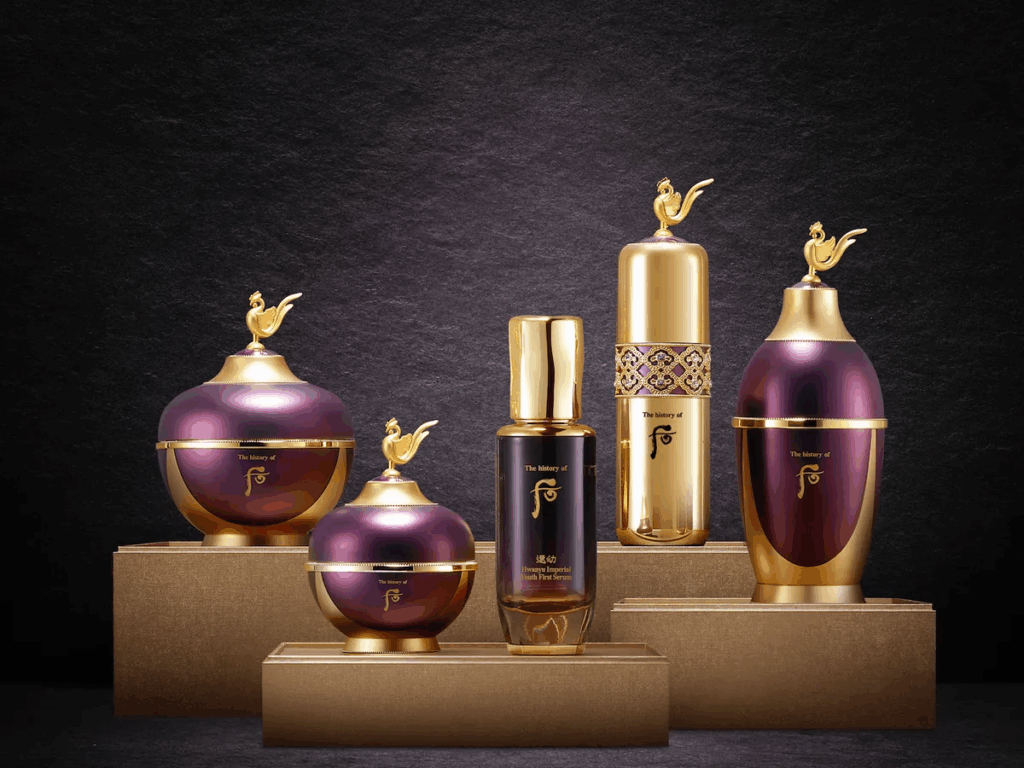
③ Hera (赫拉)
Best known for its soft-matte lip tints and Black Cushion, Hera appeals to young professional women who want a polished, modern look without sacrificing softness. Its aesthetic feels “Korean high fashion,” which Chinese consumers find aspirational.


④ Laneige (兰芝)
A favorite among younger Chinese women for its clean design and hydrating expertise. The Water Sleeping Mask and Lip Sleeping Mask are considered everyday essentials—easy to use, effective, and held in high esteem.
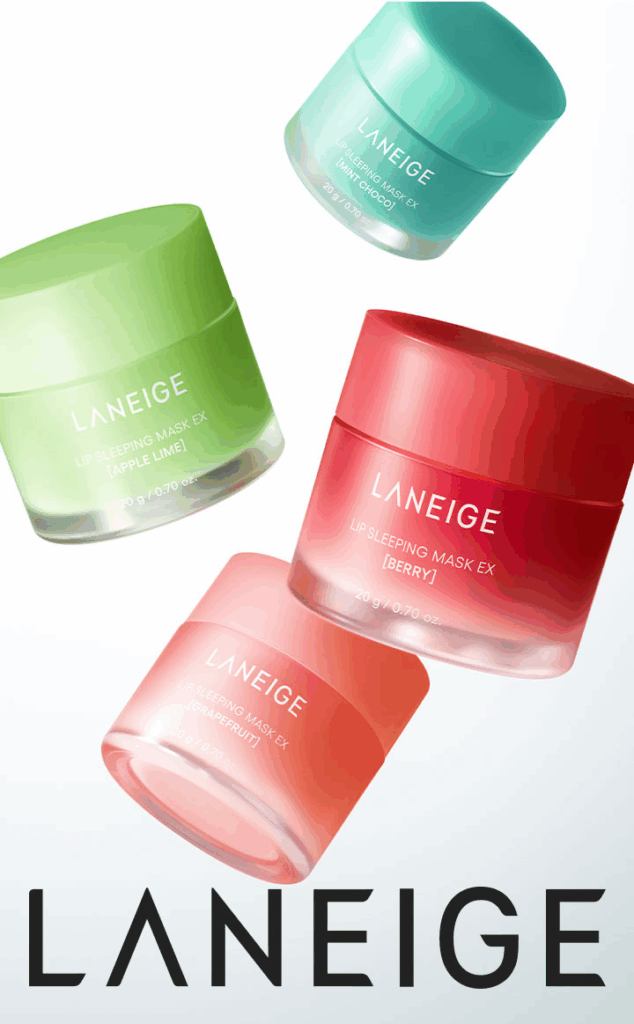

⑤ Dr. Jart+ (蒂佳婷)
Highly trusted by sensitive-skin consumers. The Cicapair line has a strong reputation for repairing redness and irritation caused by climate and pollution—two major concerns among urban Chinese women.

⑥ JMsolution & MEDIHEAL
Sheet masks remain an important category in China, and these two brands continue to dominate daily-use mask culture. Chinese women often use a mask every night, making Korea’s thin, essence-rich sheet masks ideal.


Across all categories, the common thread is clear: Chinese women love Korean products that offer luxury sensibility, visible refinement, and a story rooted in beauty philosophy—not just function.

Conclusion: Korean Beauty Has Become the New Expression of Modern Elegance in China
For Chinese women, Korean beauty is more than a skincare routine—it is a reflection of poise, softness, and modern femininity. K-Beauty supports their desire for glowing transparency, inner balance, and daily rituals that feel refined and personal. It complements Chinese aesthetic values without overpowering them, offering solutions that are gentle yet transformational.
In a fast-evolving market where women value prestige, performance, and a sense of cultural connection, Korean beauty has become a natural choice. It fits seamlessly into their lifestyle, aligns with their deeper beauty philosophy, and elevates their everyday sense of self.
And so, among the beauty conversations flourishing across China today, one thing is unmistakably true:
K-Beauty has become a new symbol of elegance—and it’s here to stay.

